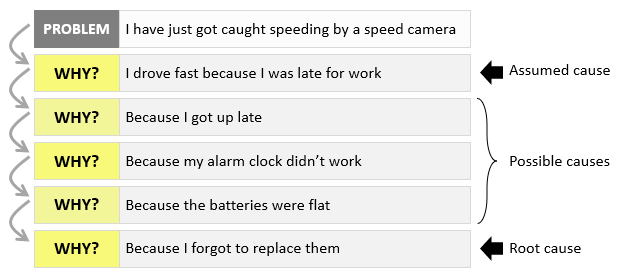I promise you that by the end of this post, you will have learned one of the most powerful lessons in life! You may want to bookmark this one.
Introduction: click here if you want to hear me ranting about The Net Promotor Score (NPS)
| from the first time I heard about the Net Promotor Score (NPS) many moons ago, it didn’t feel right to me. There are two major things I have issues with here: 1) The question that is asked is whether or not someone would recommend your service/product to a peer. This would then imply a certain loyalty to your brand. IT DOESN’T! It is no more than a marketing metric. It says nothing about loyalty, let alone overall customer satisfaction. 2) Although subdividing the results of a question into categories (1-6=detractor, 7-8=passive, 9-10=promotor). would be a helpful tool to find advocates for marketing campaigns, averaging out the results in a single metric (NPS=%PROMOTORS-%DETRACTORS) is just a horrible way to try and make yourself look good as a brand towards future clients. As a future customer, I know NOTHING with this number. |
Making promises
In the beginning after you buy a new car, everything is still a bit awkward but you know you’ll get used to it. But then after a while, it doesn’t! Don’t you hate it when that happens? Or when the customer support isn’t what they told you it would be when you break down in the middle of nowhere during rush hour. It just isn’t the experience that they promised you.
These things are what you really want to know from your clients! You want to know how much the product delivered on what you promised them it would. Those were the conditions under which the acquisition took place.
But what you promised is only one part of it!
Here comes the LIFE lesson: when you say YES to anything that is offered to you, you are not saying yes to what is promised to you, you are saying yes to what you are promising to yourself! You are saying yes to how your future self will feel about it. “When I buy this brand of tea, this is how I expect to feel when I drink it“. And sometimes, what has been promised to you and what you had promised to yourself was just not aligned. This applies to buying tea or a car, or saying “I do” in front of a wedding officiant.*
How do we implement this in business?
Asking Why?
One of the great methods of getting to a deeper truth of something is using iterative questioning (asking questions based on previous answers). One example of iterative questioning is the 5Whys from Toyota Production System (TPS) to get to a root cause analysis of a problem.
The same concept applies to finding out why someone would want to buy your product. What they want to DO is rarely what they want to ACHIEVE. So keep digging!
Them
Dig deeper: your products and services offer a promise to more than one person/team. If you remember the PAIN CHAIN from one of my previous posts, it’s that everyone solves someone else’s problem. So you can ask about what your buyer expects this to bring as results both to themselves and others, the team, the division, the company, … Ultimately you will end up with a whole slew of values that may sometimes even be quantifiable. This is ultimately one of the hardest things to find as a business developer!
Example: let’s say that you have a system that automatically detects leakages in a manufacturing facility. Because the factory is showing its age already, these leakages can happen anywhere on the campus. Before your company came along, the maintenance and repair team was called by a production leader that a whole production line was at a halt because a large pipe was broken. Now that your system is in place, the maintenance director will have seen a leakage detection, assigned a team to it, and nobody but the maintenance team will even have to know about it. Ultimately you’ll not only have a healthier facility, but your maintenance team also will not have to feel like firefighters, your production teams will come to work with much more confidence in their work environment and the executives will feel big benefits in the bottomline due to loss avoidance and higher uptimes/throughput. All in all, a lot of added value you probably aren’t even charging for. And maybe … the maintenance director who is signing off on the deal will get a promotion that they have been missing out on for a couple of years! Because that is what they are promising themself when the order is signed! Or they just don’t want to be called in the weekend anymore when things break down while they are having lunch with the family, or … , or … Got the picture?
Sometimes, what was promised to you and what you had promised to yourself was just never aligned in the first place.
Before / After
Here’s the best part of this principle: it works throughout your relationship with the client and starts way before the acquisition (in contrast to Net Promotor Score). From your very first conversations with the potential client, you learn to look for their wants and needs. You will start to write them down and by the time you are ready to make them an offer, you can truly tell them what you promise this will provide them and even put that on paper.
One year later, you can look back at those promises and you’ll ask your client: have we nailed the promise? This is exactly what you should be scoring! This is what truly shows your company’s worth. And this is what will make your brand sustainable in the long run. NOTHING will make a future lead trust your word more than a solid 10’s across the board on your NPS score!
I promised you something in the beginning of this post? Have I nailed it?
Closing note: I've been playing with this Nailed the Promise thingy for a long time now as a product manager, inspired mainly by Clay Christensen's Jobs to be Done principle. But it was only after going through therapy where I learned to really question my needs and fears that I made the connection to the promising yourself as well.


